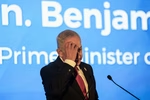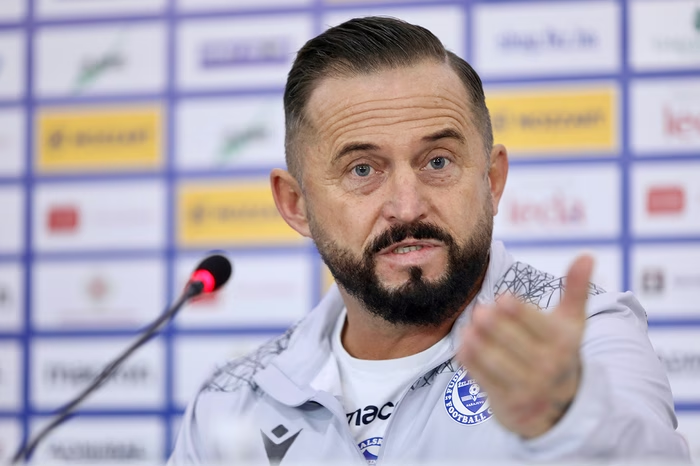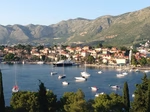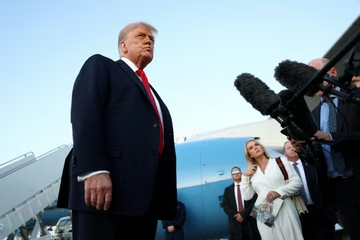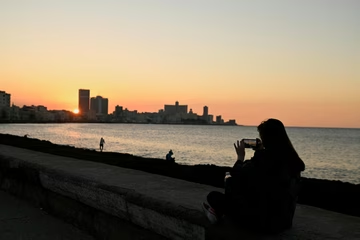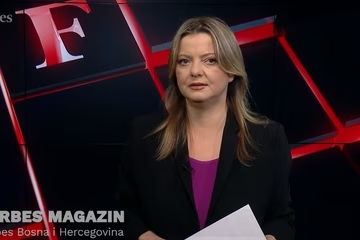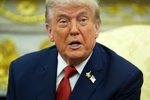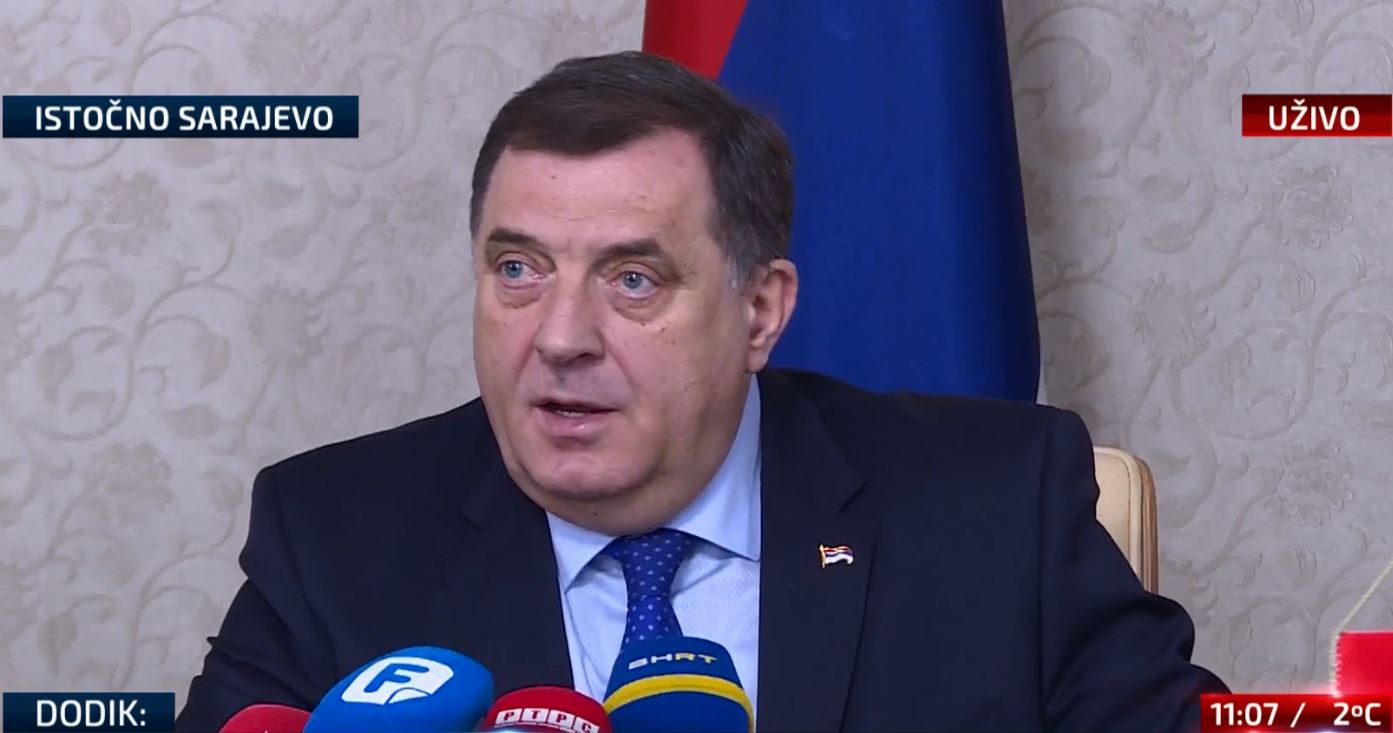
The Chairman of Bosnia’s Presidency, Bosnian Serb leader Milorad Dodik, said on Friday that when the leader of the Social Democratic Party (SDP) sent him congratulations for Bosnia’s Independence Day - a holiday he does not recognise - it was an “attempt at a joke and try to be cynical.”
Bosnian Serbs mostly ignore the country’s Independence Day as they never wanted Bosnia to secede from Yugoslavia. Once it did, they tried to break away the part of Bosnia they controlled and annex it to neighbouring Serbia.
Since 1992, Bosnian Serb officials mostly ignore all Bosnian national holidays.
“Just as when (US President Donald) Trump sent me a note congratulating some holiday in Bosnia sometime in November, I answered that that is not my holiday, and I answer also to them (the SDP) now - this is not my holiday,” Dodik said.
He was referring a letter Trump sent him on November 25, congratulating Bosnia’s Statehood Day.
“On today’s date we mark a day of the historic decision of all citizens of Bosnia and Herzegovina, who out of their free will, at a democratic referendum 27 years ago, decided that Bosnia and Herzegovina, as a state of citizens, equal Serbs, Muslims and Croats and members of other peoples is an independent and sovereign state,” SDP leader Nermin Niksic wrote to Dodik on Thursday.
“That is why I congratulate this holiday to you, wishing that the coming times are marked by true progress for all citizens of Bosnia and Herzegovina, as they deserve it,” he wrote.
Dodik said that March 1st may be a holiday for Bosniaks, “but it surely is not a holiday of Bosnia and Herzegovina.”
“March 1st will never be a holiday for Serbs. That day is for us a synonym of suffering and I think they heinously created that holiday in an attempt to impose their truth and their story about the suffering in Bosnia and Herzegovina upon us,” Dodik said.
He was the only of the three members of Bosnia’s tripartite Presidency who did not attend a traditional reception in the Presidency building the evening before, which was hosted by his Bosniak and Bosnian Croat colleagues.
Instead, Dodik went to Belgrade, where he marked the day when the Serb-majority part of the country, now Republika Srpska (RS), adopted its first constitution.
“I was one of the first who raised their hand 27 years ago gave my vote for the adoption of the first constitution of Republika Srpska,” Dodik said on Thursday.
On February 29, 1992, 2,073,568 people or 63,6% of the citizens in the country voted, and 99,7% of them voted in favour of an independent Bosnia, while 0,3% voted against.
When the next day the votes were counted, the Bosnian Serbs rebelled against the decision to secede, which triggered a war that took some 100,000 lives and ended four years later with the internal division of the country into two regions, linked by a common government.
European countries granted Bosnia recognition on April 6, 1992, and so did the US a day later.
On May 22, 1992, Bosnia became a full member of the UN.
On February 28, 1995, Bosnia’s Parliament decided that March 1 should be celebrated as Independence Day, and the European Economic Community recognised the holiday.
Kakvo je tvoje mišljenje o ovome?
Učestvuj u diskusiji ili pročitaj komentare





 Srbija
Srbija
 Hrvatska
Hrvatska
 Slovenija
Slovenija












